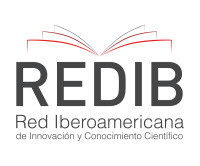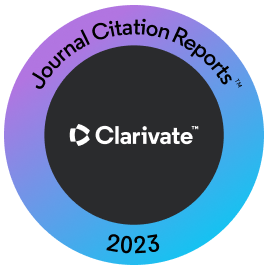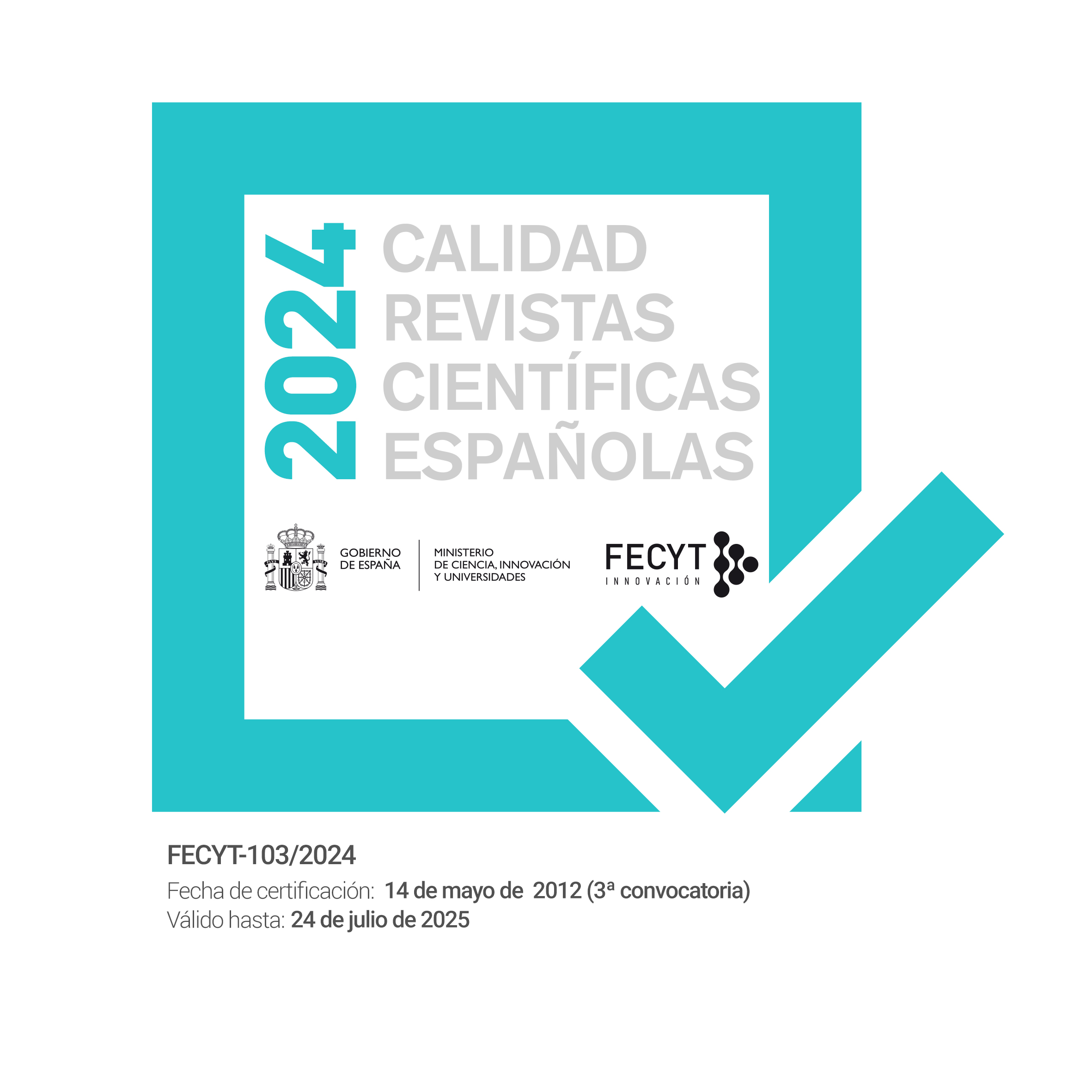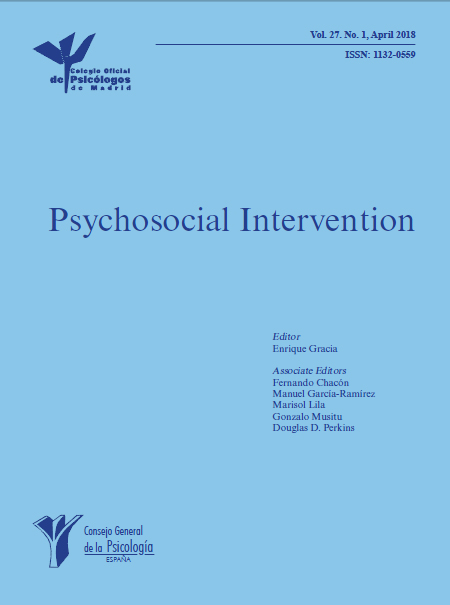
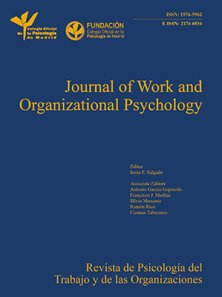
Journal of Work and Organizational Psychology
The Journal of Work and Organizational Psychology is edited by Colegio Oficial de la Psicología de Madrid and the Foundation of Colegio Oficial de la Psicología de Madrid. JWOP will mainly publish empirical research of interest for psychologists, and which represents a contribution to knowledge in all areas of which can be termed industrial, work and organizational psychology, human resource, organizational behavior, personnel psychology, as well as behavioral, cognitive and neuroscientific aspects of labor relations, ergonomics, and human factors.
Editor-in-Chief: Jesús F. Salgado
ABOUT THIS JOURNAL
SCOPE
The Journal of Work and Organizational Psychology – JWOP – will mainly publish empirical research of interest for psychologists, and which represents a contribution to knowledge in all areas of which can be termed industrial, work and organizational psychology, human resource, organizational behavior, personnel psychology, as well as behavioral, cognitive and neuroscientific aspects of labor relations, ergonomics, and human factors.
Exceptionally, the JWOP will consider review articles or theoretical contributions. The JWOP is a Spanish journal but does not wish itself to limit to Spanish contributions or Spanish-language contributors, wishing to have an international authorship.
The JWOP will mainly publish free unpublished original contributions but occasionally will also publish contributions requested from prestigious authors and special issues, although all contributions will undergo an external and anonymous peer review process. Authors should not submit manuscripts simultaneously to multiple journals.
Not pretending to be exhaustive, topics covered by the JWOP decision making, personnel ion, training, leadership, organizational change, organizational culture and climate, motivation, teamwork, occupational health, stress, job satisfaction, job performance, compensation, retirement and turnover, conflict and negotiation, work attitudes, work-family conciliation, economic utility, cross-cultural studies, methodological studies, manuscripts which develop new paradigms, models and theories, as well as articles dealing with the relationships between Work and Organizational Psychology and other disciplines such as Social Psychology and Cognitive Psychology.
Authors are not charged any fees or charges for manuscript processing and/or publishing in the journal.
INTERNATIONAL STANDARD SERIAL NUMBER AND SPANISH LEGAL DEPOSIT OF PRINTER
ISSN: 1576-5962
ISSN ELECTRÓNICO: 2174-0534
DEPÓSITO LEGAL: M.37.437-1985
JOURNAL METRICS
Web of Science (Clarivate) Impact Factor 2023: 2.4
Journal Citation Reports 2022. Applied Psychology: Ranking 52 de 113 (Q2)
Scopus CiteScore 2022: 4.9
Social Psychology 2023: Ranking 82 de 310 (Q2)
Organizational Behavior and Human Resource Management 2023: Ranking 75 de 230 (Q2)
DOI
The Journal of Work and Organizational Psychology makes use of DOI, the international code allowing reliable and consistent access to content at any moment.
FREQUENCY OF PUBLICATION
The Journal of Work and Organizational Psychology is published three times a year: April, August and December.
FOUNDED
The Journal of Work and Organizational Psychology was founded in 1985, It’s the oldest Journal edited by Colegio Oficial de la Psicología de Madrid.
HIGHLIGHTS
A Systematic Review of Evidence-based General Competency Models: Development of a General Competencies Taxonomy
61 - 76
David Arribas-Aguila, Gloria Castaño, and Rosario Martínez-Arias
Vol. 40. Núm. 2. August 2024
Full TextPDFModerating Effects of Dark Triad on the Relationships of Mobbing and Abusive Supervision with Outcomes
77 - 88
Elif Bingül and Aslı Göncü-Köse
Vol. 40. Núm. 2. August 2024
Full TextPDFCould Positive Political Skills Work to the Benefit of Work Performance? Is it Possible?
89 - 102
Aharon Tziner, Amos Drory, and Abira Reizer
Vol. 40. Núm. 2. August 2024
Full TextPDF

